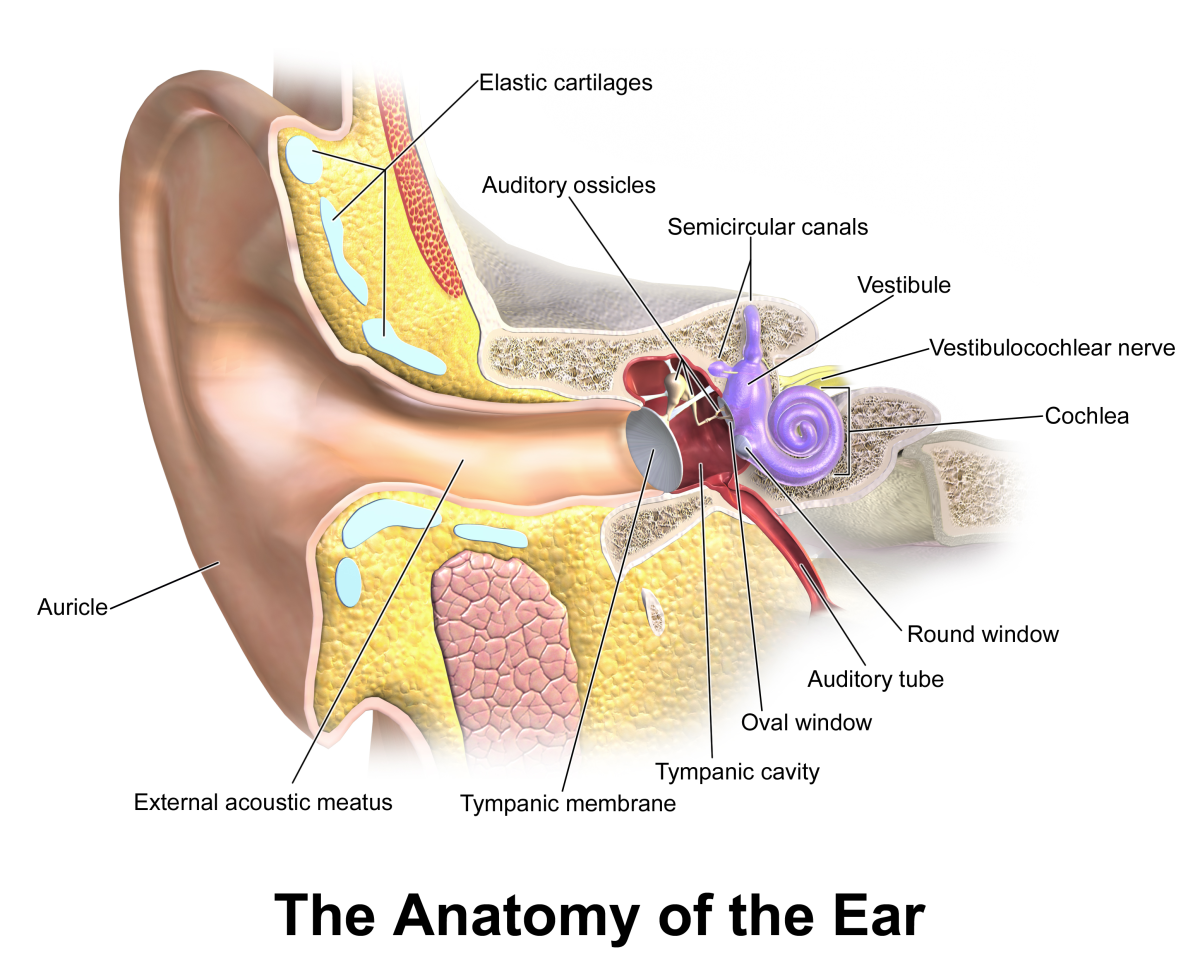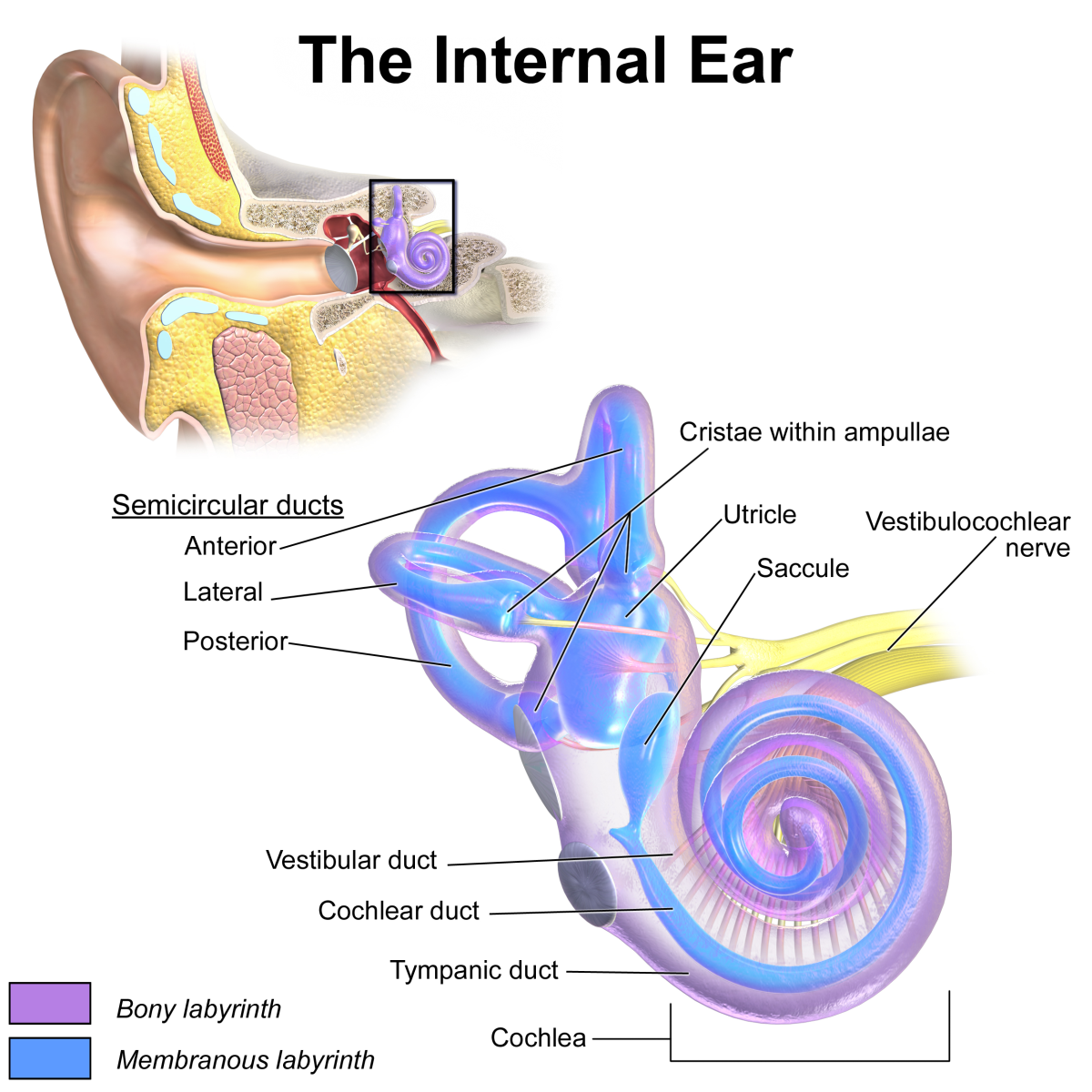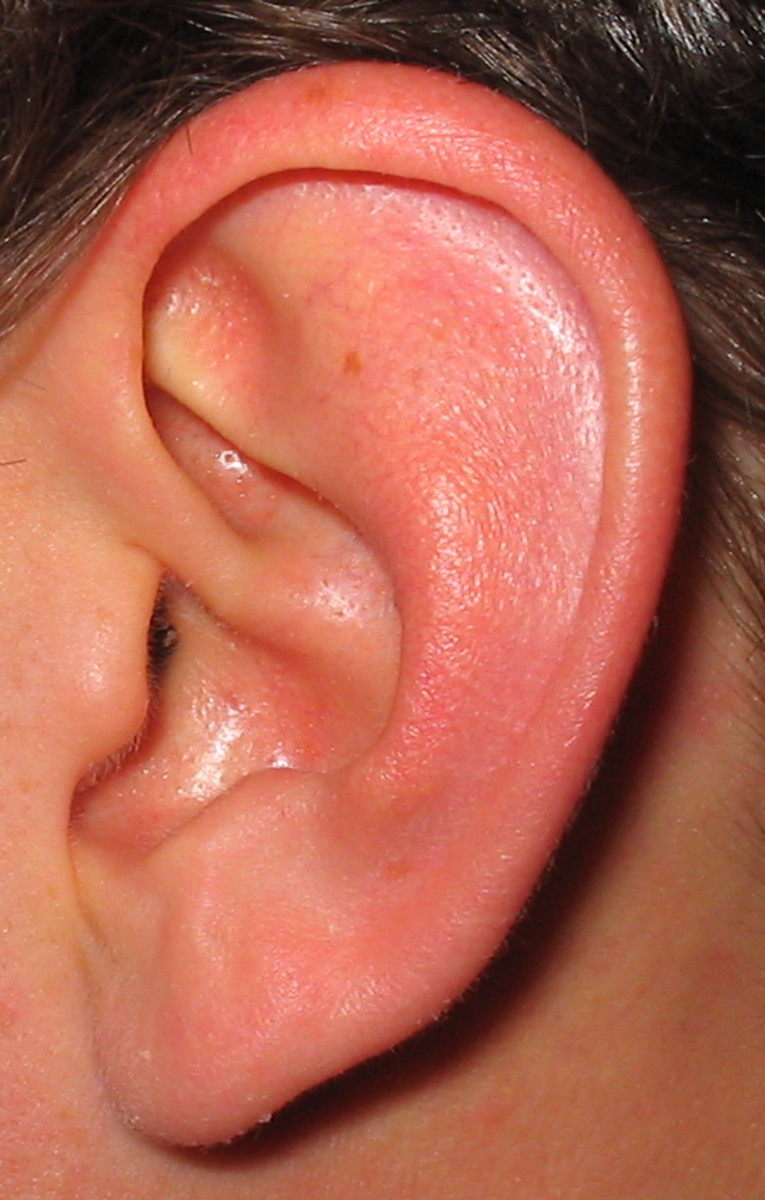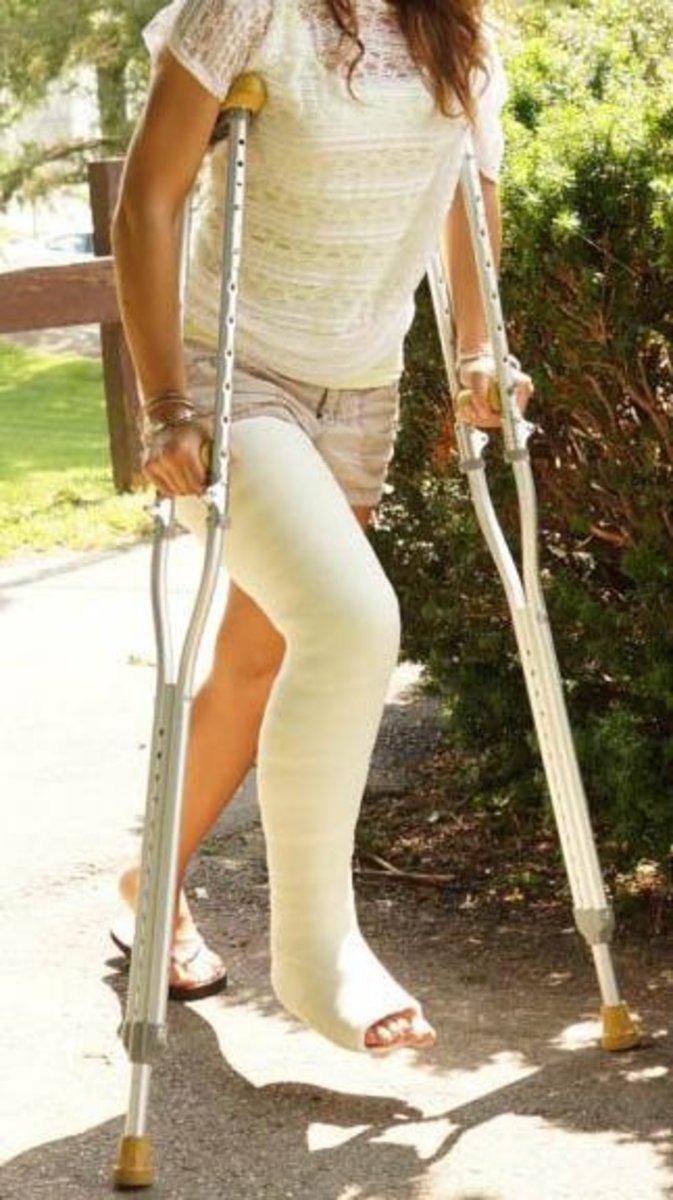The Realities of Tinnitus and Hearing Impairment



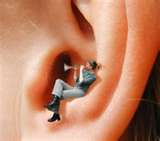
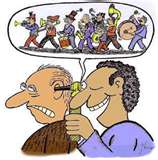
Living with Tinnitus
Three years ago, I noticed a constant buzzing in my left ear. When it first started I assumed that I had an ear infection which would clear up in several days. I did not even seek medical attention immediately. After a month of constant buzzing, I decided to make an appointment to see my doctor. She did the preliminary checks, and referred me to an ENT specialist. The specialist conducted several audio tests and determined that I had tinnitus and about 75% hearing loss in my left ear.
According to eHealthMD, tinnitus is noise that originates within the ear rather than from the outside environment. The sounds have been described variously as a "ringing" sound, a "buzzing" sound, a "humming noise, "like running water", a "whistling" sound or like the "sound from a seashell held close to the ear." http://www.ehealthmd.com/library/tinnitus/tin_whatis.html For me, when the tinnitus is at its loudest, it sounds like the hum of an airplane. When it is low, it sounds like static.
EHealthMD states that tinnitus can be caused by middle ear infection, hypertension, anemai or onset of Meniere's disease. Tinnitus can aslo be triggered by medications, such as Aspirin, anti-inflammatory drugs, antibiotics, chemotheraphy and anti-viral drugs. (Wikepedia). Some believe that tinnitus can be triggered by stress, which would be secondary to another diagnosis, for example in my case high blood pressure.
The news of tinnitus or my hearing loss did not sit well with me. I immediately thought of the stigma of hearing loss. Over the last seven years I have observed that I did not hear phone conversation very well with my left ear, I just assumed I had a preference for my right ear. I was in denial. On review of my medical history, I remembered that my maternal grandmother was said to be hard of hearing. She was never officially diagnosed. The family assumed so because she spoke loudly and usually turn up the radio or television to high volume. I can also remember on at least one occasion when after a concert, my ears were ringing. Usually when travelling by plane, my ears hurt during take off and descent. Sometimes after a trip by airplane, I would feel like I had swimmer's ears for several days after a trip.
I had so many questions: what is tinnitus? What did the hearing loss mean? Can it be treated or cured? Why did it happen? Do I have to use hearing aid? The specialist was not able to answer these questions conclusively because he did not know what was causing the hearing deficit or the tinnitus. He arranged for me to see another audiologist to do some more detailed hearing tests. This would determine what was the cause or remedial course of action for the tinnitus and hearing loss. I also did an MRI to rule out a tumour.
Stress and Tinnitus: Around five years ago, I was going through some major stressors at work and in my personal life. I was adjusting to married life and raising a young child as well as dealing with some challenging circumstances at work. During that time I had several migraine headaches and had to seek medical advice about that. My doctor told me that I was borderline hypertensive and recommended medication. I chose to try some alternatives such as reducing my stress level, losing some weight and exercising more regularly. If that did not work, then I'd take medication for the high blood pressure. Those measures worked to control my hbp for awhile. Three years ago, however, I was experiencing another major stressful time in my personal (death of my grandmother) and work life (restructure), this was the onset of tinnitus.
I have been living with tinnitus for the last three years. I noticed that the buzzing in my ear was very low and almost undetectable some mornings and when I was on vacation. It was the loudest at the end of a busy day or if I became very anxious or nervous about something. During the times when it get too loud, I had difficulty concentrating. These observations have led to identifying the correlation between stress and tiredness to the severe effects of tinnitus.
Challenges of Tinnitus and Hearing Loss: Sometimes I have difficulties processing information when in a large group setting, especially when many people are talking. I sometimes shy away from social events because I may not hear everything that's being said and have to ask people to repeat themselves or respond inappropriately to someone. I feel that I may miss important information that is relayed verbally. My sense of sound in relation to direction is off, for instance, if the phone to my left rings, I hear it only in my right ear, therefore would assumed that it was the phone to my right. Sometimes people get annoyed with me because they think that I am ignoring them if I do not respond to them. Frankly, I am embarrassed about my hearing loss. I know that it could happen to anyone, but I feel like it is a deficiency.
Work Life Balance: Fortunately for me, I was able to downsize work to create some work life balance opportunities that allow me to continue doing a job that I love and fulfill my other obligations, such as childcare. That has helped to reduce some of the stress related to commuting to work on a daily basis. I use to drive about 90 kilometres to work each day, which means that in rush hour traffic, it would take me over an hour each way to and from work. When you factor in weather conditions, such as snow, then the commute is sometimes doubled. I now work mostly from home, going into the office once or twice per week. I take time to de-stress and reduce my anxiety about life's challenges. Whenever I take care of myself, I notice that the tinnitus is very low, even undetectable.
Life with tinnitus and hearing loss is something that I deal with on a daily basis. I am determined not to become a victim of this ailment. I take measures to control it as I continue to lead a successful life.

